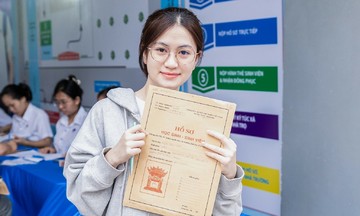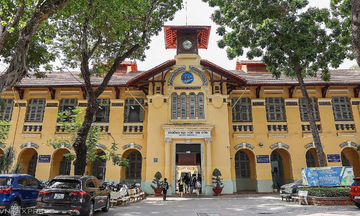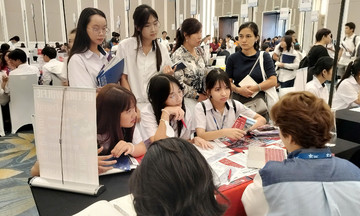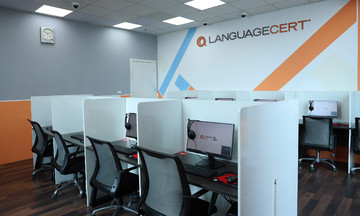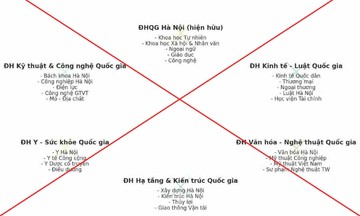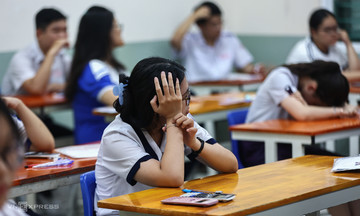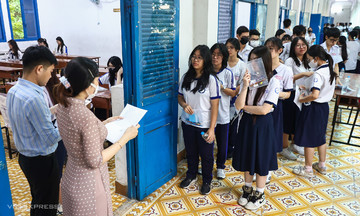RMIT University Vietnam has partnered with International University – Vietnam National University Ho Chi Minh City (IU), University of Social Sciences and Humanities – Vietnam National University Ho Chi Minh City (USSH), and Vietnamese-German University (VGU) to launch the 2025 Sustainability Impact Challenge. This interdisciplinary, inter-university initiative, with industry collaboration, empowers students to address real-world sustainability challenges in Vietnam through innovation and action.
Professor Julia Gaimster, strategic advisor to the president of RMIT University Vietnam, described the challenge as a bridge between academia and practice, connecting knowledge from various fields with industry expertise.
"The program serves as a platform to promote and shape a method of action-based education that can create a lasting positive impact on the community and Vietnam's green future," she said.
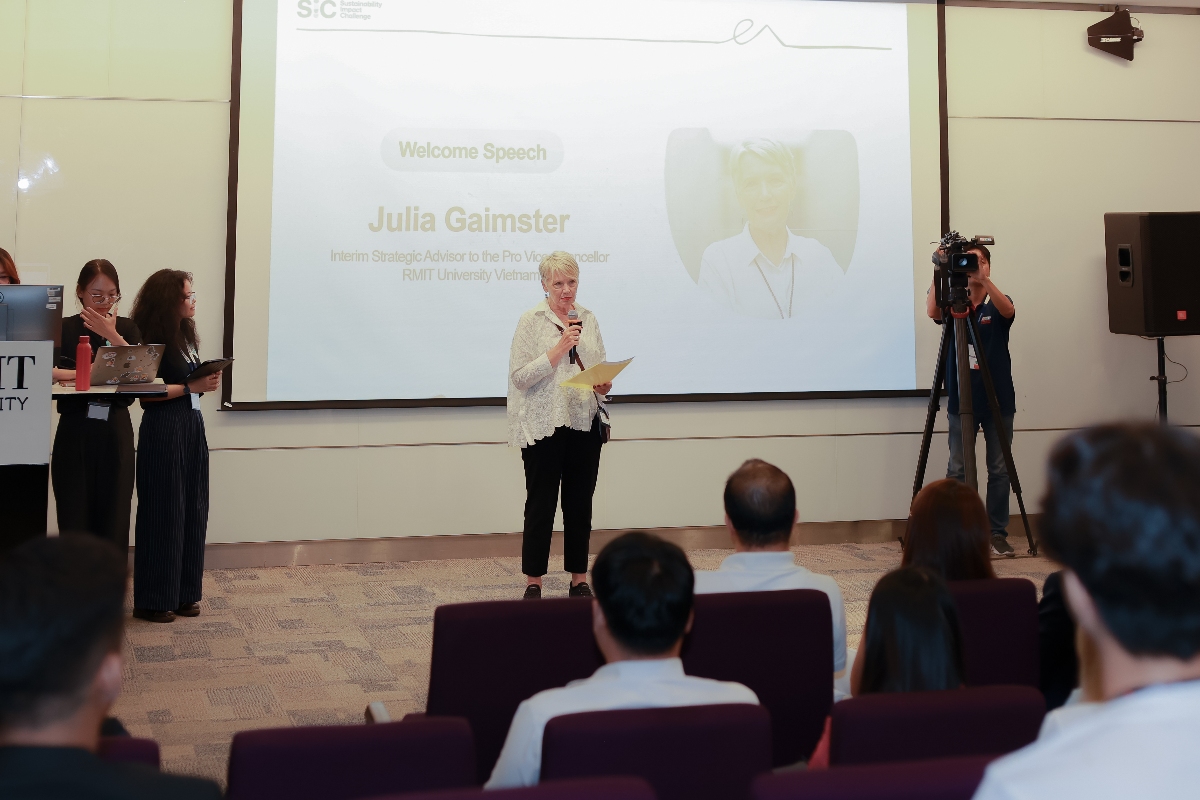 |
Professor Julia Gaimster, strategic advisor to the president of RMIT University Vietnam, speaks at the 2025 Sustainability Impact Challenge finale. Photo: RMIT |
Professor Julia Gaimster, strategic advisor to the president of RMIT University Vietnam, speaks at the 2025 Sustainability Impact Challenge finale. Photo: RMIT
The 2025 Sustainability Impact Challenge attracted over 440 student applicants from more than 50 universities nationwide. 142 students embarked on a six-month learning journey, beginning with a 27-hour sustainability training course developed by six lecturers from the five participating universities.
The course focused on systems thinking, sustainability principles, and interdisciplinary problem-solving skills, providing students with a strong academic foundation before developing their solutions. 128 students completed the course and received certificates.
These students formed 26 teams and tackled real-world challenges presented by four sustainability-focused companies: Bosch Vietnam, Panasonic Vietnam, Rize, and MOTUL. The challenges revolved around key themes such as circular economy, waste management, resource optimization, and consumer behavior change.
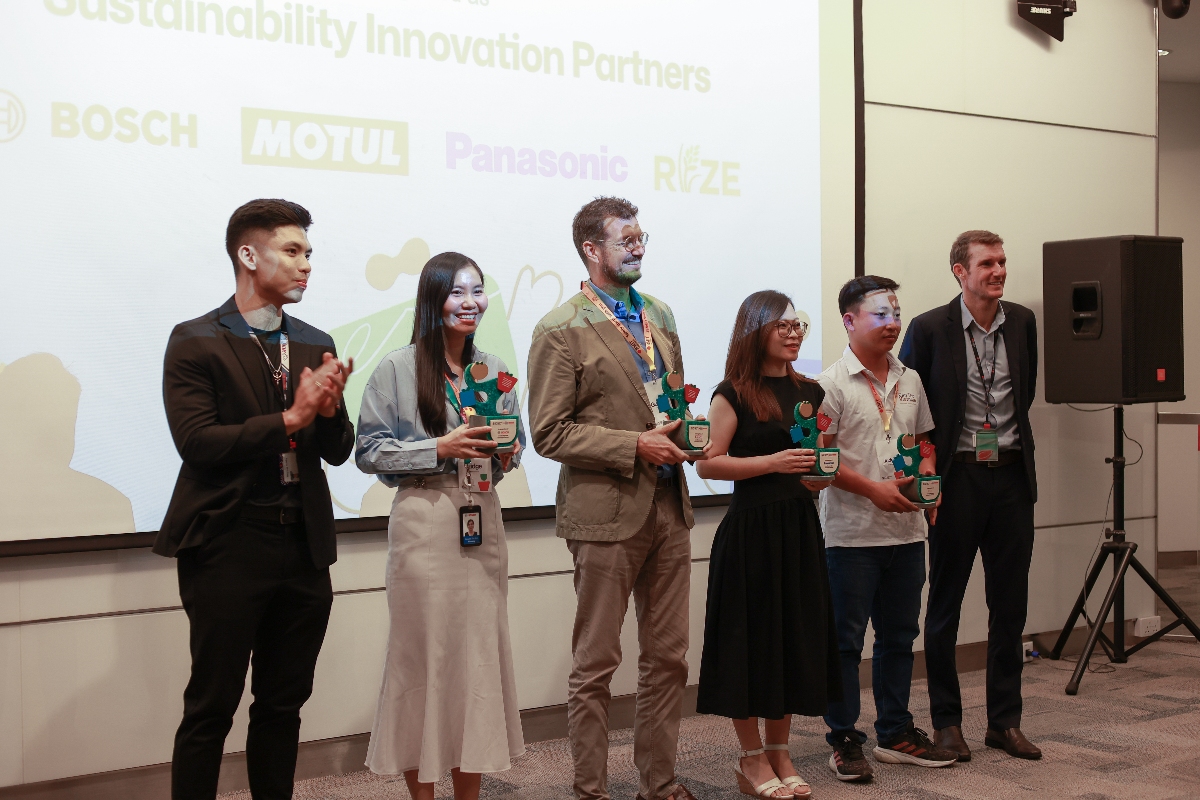 |
Representatives from partner companies at the 2025 Sustainability Impact Challenge finale. Photo: RMIT |
Representatives from partner companies at the 2025 Sustainability Impact Challenge finale. Photo: RMIT
After presenting initial proposals, visiting company sites, and receiving expert guidance from lecturers and industry professionals, eight teams with the most viable solutions advanced to the final round.
The finalists represented a diverse range of universities, including RMIT University Vietnam, International University – Vietnam National University Ho Chi Minh City, University of Social Sciences and Humanities – Vietnam National University Ho Chi Minh City, Vietnamese-German University, Tan Tao University, Ho Chi Minh City University of Technology, Foreign Trade University, Ho Chi Minh City University of Technology and Education, Ho Chi Minh City University of Economics, and Ho Chi Minh City University of Law.
At the final event on 8/9, the eight teams presented their solutions to a panel of judges and representatives from the four partner companies. The four winning teams – HAKTY, "A" Gang, Green Rebels, and 3T Strategy – each addressing a challenge from Bosch, Panasonic, Rize, and MOTUL, respectively – received paid internships to further develop and implement their proposed solutions.
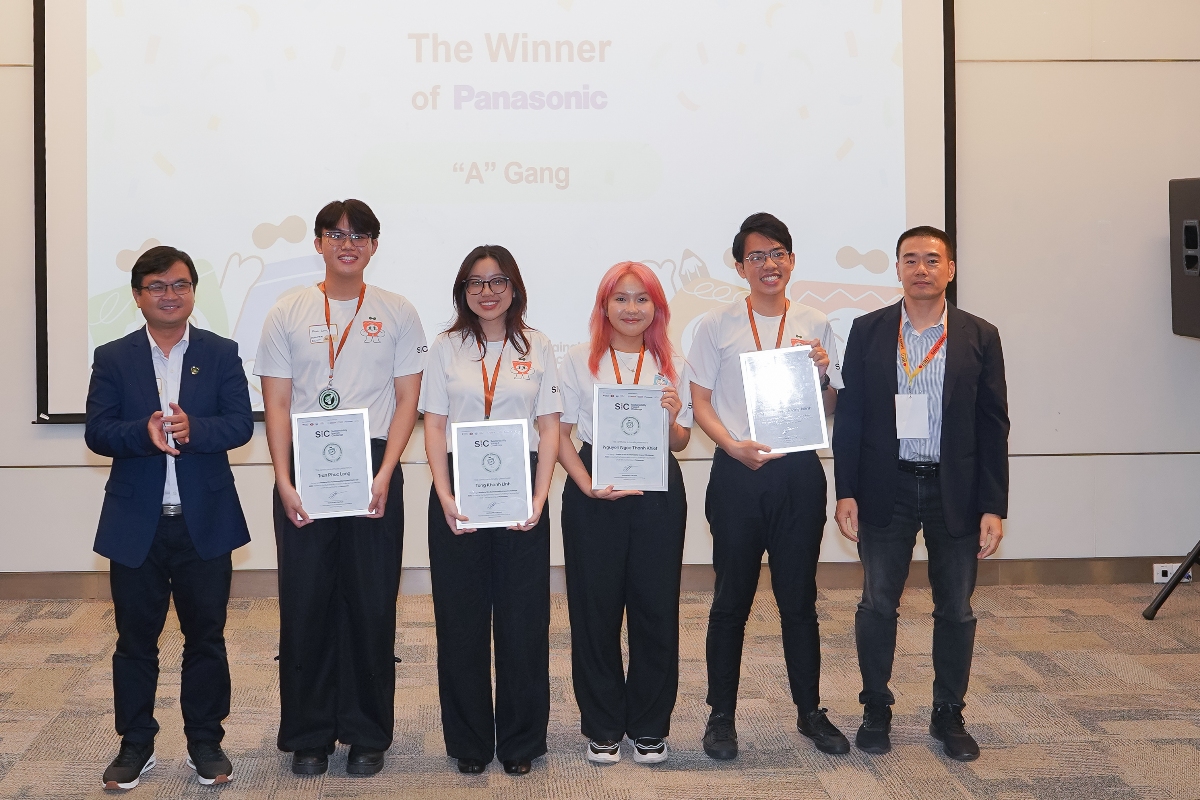 |
Team "A" Gang, winners of the Panasonic challenge. Photo: RMIT |
Team "A" Gang, winners of the Panasonic challenge. Photo: RMIT
Matthew McCall-Peat, deputy project director, facilities development office at RMIT University Vietnam, and a representative of the program organizers, highlighted the growing importance of sustainability in the job market.
"Through this program, students gain access to international knowledge, work on real-world business challenges, and receive continuous support from experts, enabling them to understand their role and potential contribution to building a green future," he emphasized.
According to a survey conducted by the program organizers, the majority of participating students reported a significant increase in their confidence in applying sustainability principles, with an average self-assessment score of 4.26/5. They gained a deeper understanding of the Sustainable Development Goals (SDGs), systems thinking, and interdisciplinary approaches.
Furthermore, 60% of students shared their newfound knowledge with friends, family, and their communities, and 50% actively incorporated sustainable practices into their daily routines.
Nhat Le





